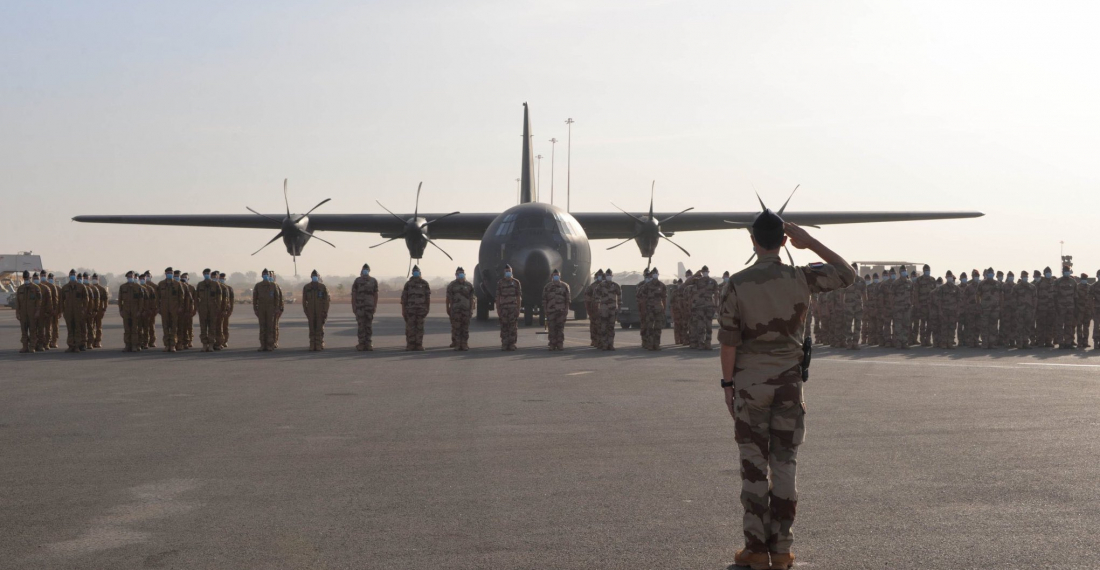In Niger, the French army announced it has killed one of the perpetrators of the assassination of six French humanitarian workers, their guide and their Nigerien driver in August 2020. The group Islamic State in the Greater Sahara (IS-GS) had claimed responsibility for the atrocity.
In an announcement, French general staff said on Tuesday (21 December):
“Yesterday (Monday), in the Tillabéri region (west), we neutralised by air strike an IS-GS group leader, Soumana Boura, one of the perpetrators of the assassination of six citizens in the Kouré park on 9 August 2020”, which “had filmed the execution and had ensured media coverage”, the spokesman of the staff, Colonel Pascal Ianni, told Agence France-Presse (AFP).
Boura led a group of several dozen fighters in western Niger, according to the French army. He was taken out by drone strike while alone on a motorcycle. A French unit was sent to the ground to search the area and formally identify the jihadist, detailed the staff in a statement, specifying that this operation had been carried out “in close coordination with the Nigerien authorities”. The head of the IS-GS, Adnan Abou Walid al-Sahraoui, who had ordered this attack on the French aid workers, was killed in mid-August by French soldiers in the “three borders” region between Mali, Niger and Burkina Faso.







